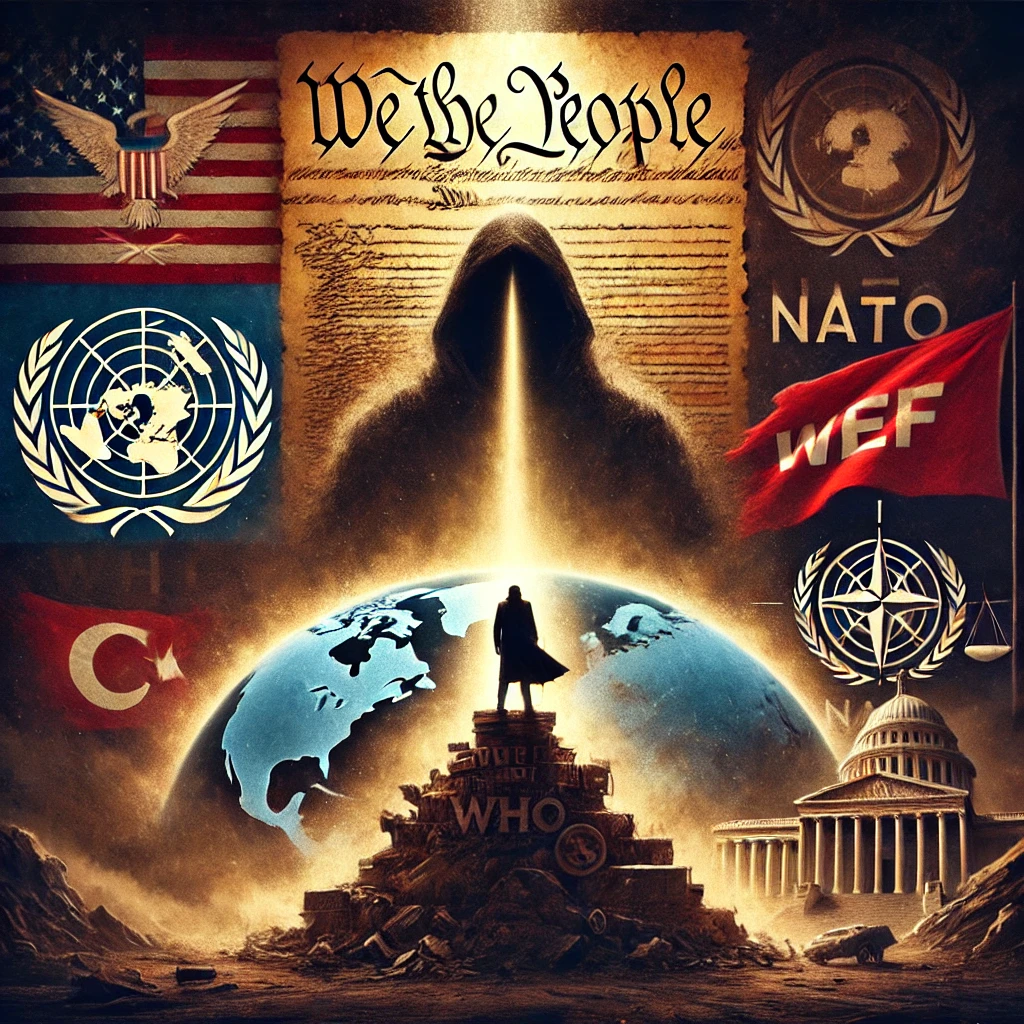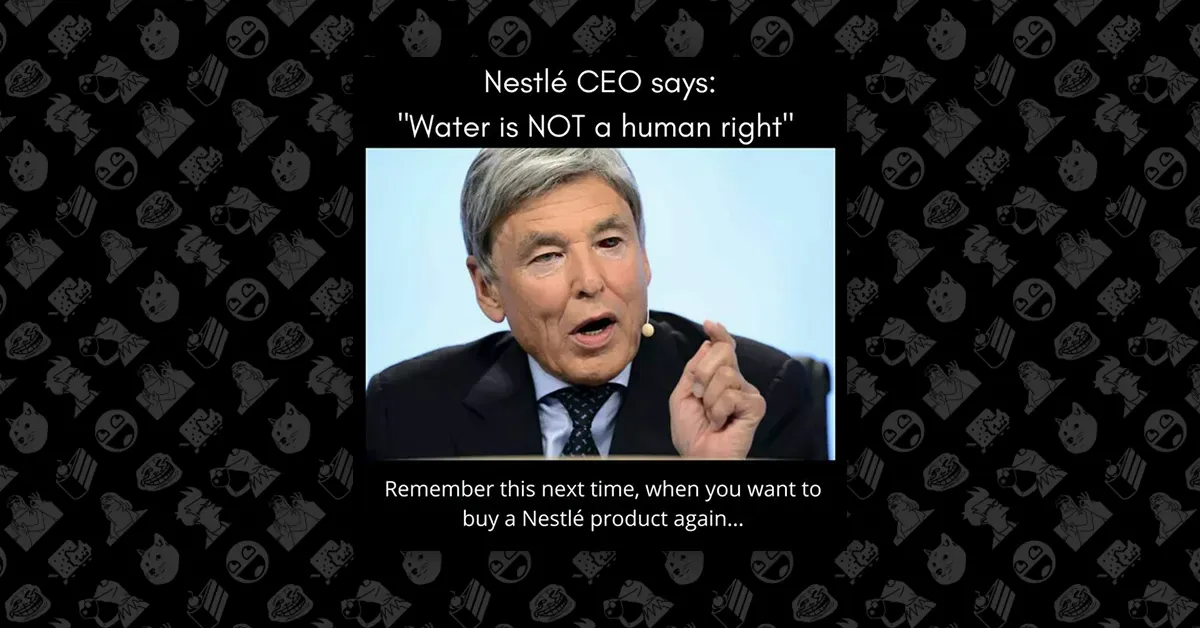Many observers found little to surprise them in the outcome of the 2024 election. The mechanisms of governance, increasingly strained by ideological polarization, seemed to be searching for the last vestiges of legitimacy necessary to enforce measures that many would describe as unconstitutional, draconian, and, in certain lights, ethically questionable. These measures, troubling as they are, demand the consent of the majority to maintain a façade of democratic endorsement.
Amid the tumult of the election cycle, one cannot help but notice the unsettling willingness of the President to flout established norms and legislative boundaries. This he does, not in the pursuit of a cohesive agenda, but rather in service to the fervor of his personal base. The “Trump train,” as it is colloquially referred to, appears to barrel forward with an almost ironic disregard for substantive policy, relying instead on an overblown sense of loyalty to the man rather than to the principles he ostensibly represents.
Perhaps the most troubling aspect of this dynamic is the acquiescence of self-identified “patriots,” many of whom are willing to subordinate the Constitution to what can only be described as a popularity contest. The same Constitution they claim to revere is quietly being dismantled. It bears mentioning that some of the most restrictive firearm regulations in modern history occurred under Trump’s administration—do we not recall the bump stock bans? This irony is compounded when we consider the silence surrounding such actions from his staunch supporters, whose rhetoric so often centers on the preservation of Second Amendment rights.
Further complicating the narrative is the role of the Trump administration in key global and domestic crises. For instance, the pause on gain-of-function research funding, initiated in 2014 due to its inherent risks, was lifted in 2017 under Trump’s watch. This decision, viewed by many as shortsighted, reintroduced the conditions for research that has since led to the proliferation of viruses—some of which the world may never fully eliminate. The COVID-19 pandemic, emerging just three years later, is an undeniable reminder of the consequences of such policy reversals.
Yet the pandemic was not only a biological crisis but also a sociopolitical one. It became a lever for the centralization of authority, resulting in the establishment of global bodies wielding unprecedented influence. The concern here lies in the unelected nature of these organizations, such as the World Health Organization (WHO), the World Economic Forum (WEF), and others, which have positioned themselves as arbiters of global policy without the democratic mandates that underpin legitimate governance. This dynamic is deeply problematic, and it demands scrutiny and accountability.
Global corporations, including tech giants like Google and YouTube, exacerbate the issue by restricting discourse on behalf of these unelected bodies. Their actions raise critical questions about the interplay between corporate power and freedom of speech. These companies, having benefited from significant tax incentives and legal protections, have amassed immense influence, often wielded in ways that contravene democratic values. There is a growing call for such entities to face substantial penalties and for their privileged status to be revoked in the interest of public welfare.
The broader context of these developments reveals a concerning pattern: a global agenda that undermines individual freedoms under the guise of collective good. This agenda is not just about the present generation; it targets the future, shaping the lives of our children in ways that are deeply troubling. The erosion of Christian values and the increasing prominence of organizations like the WHO, WEF, WTO, and NATO suggest a departure from foundational principles. These entities, often comprised of individuals who do not adhere to traditional religious beliefs, appear to seek a redefinition of authority—one that is secular, centralized, and detached from the moral frameworks that have historically guided Western societies.
This ideological shift aligns disturbingly well with the ethos of states like China, the world’s largest atheist state—a term that, in this context, might more aptly be described as an “anti-Christian” state. The parallels between this ideological trajectory and historical movements like the Bolshevik Revolution are difficult to ignore. The dual citizenship of some representatives, coupled with their apparent allegiance to ideologies that conflict with American values, raises profound concerns about the integrity of the political process.
At its core, this is a question of sovereignty. The authority of the people over their government—a principle foundational to the American experiment—is being systematically eroded. This is not a natural evolution but a deliberate co-optation of power by those who seek to dismantle the framework of liberty. Such actions, when viewed through the lens of history, are nothing less than treasonous.
Yet the most disheartening aspect of this scenario is the complicity of those who, in their zeal to strike at ideological opponents, fail to recognize the long-term consequences of their actions. The polarization of society into “us versus them” camps fosters an environment ripe for manipulation. Historical patterns of “othering” are reemerging, with new groups being ostracized and demonized in ways that eerily echo past injustices. Ironically, those who once championed inclusion and equality now perpetuate division, often targeting the very principles that underpin these ideals.
The path forward requires a recalibration of priorities and a reaffirmation of foundational values. This is not merely a political struggle but a moral and philosophical one. It calls for a rejection of the cynical forces that seek to divide and conquer and a recommitment to the principles of liberty, accountability, and faith that have guided generations.
The task is daunting, but history has shown that societies possess a remarkable capacity for renewal. By embracing reason, courage, and a shared vision of the future, it is possible to resist the forces of centralization and reclaim the freedoms that define our humanity. This is not just a fight for the present but a legacy for those who come after us—a final push to preserve the freedoms of our children and the integrity of the human spirit in the face of relentless adversity.


